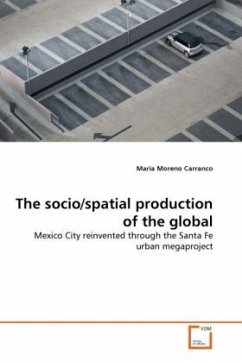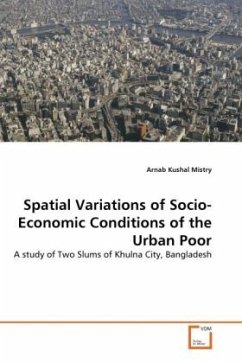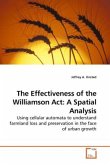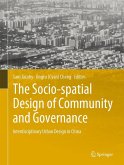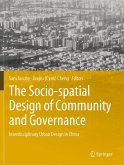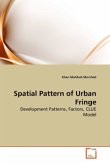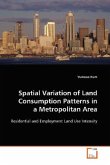During the current neoliberal economic times, a major paradigm shift in urban planning occurred characterized by the emergence of urban megaprojects as a dominant strategy in the construction of Mexican cities. This work focuses on the megaproject of Santa Fe in Mexico City, the largest urban development in Latin America, widely decried as an insertion of a global urbanism imposed by undemocratic means for the benefit of transnational capital. Santa Fe was ambitioned as the most global place in the city. The objective of this book is to examine the urban, political, and cultural consequences of creating a physical space to be a global service center. I would argue that the original aims of the project of attracting global capital are being only partially achieved; instead the megaproject is resulting in increased spatial segregation, spatial exclusion, gentrification, and privatization of the city space. The process of implementing urban megaprojects at first appears to be omnipotent and unidirectional. However, I hypothesize that these projects are highly contested by supposedly powerless voices, and are thus continuously renegotiated and reframed.
Bitte wählen Sie Ihr Anliegen aus.
Rechnungen
Retourenschein anfordern
Bestellstatus
Storno

